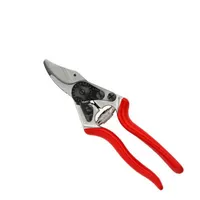5 tips to winterize lavender to protect it from the big chill
How to care for lavender for abundant blooms next year
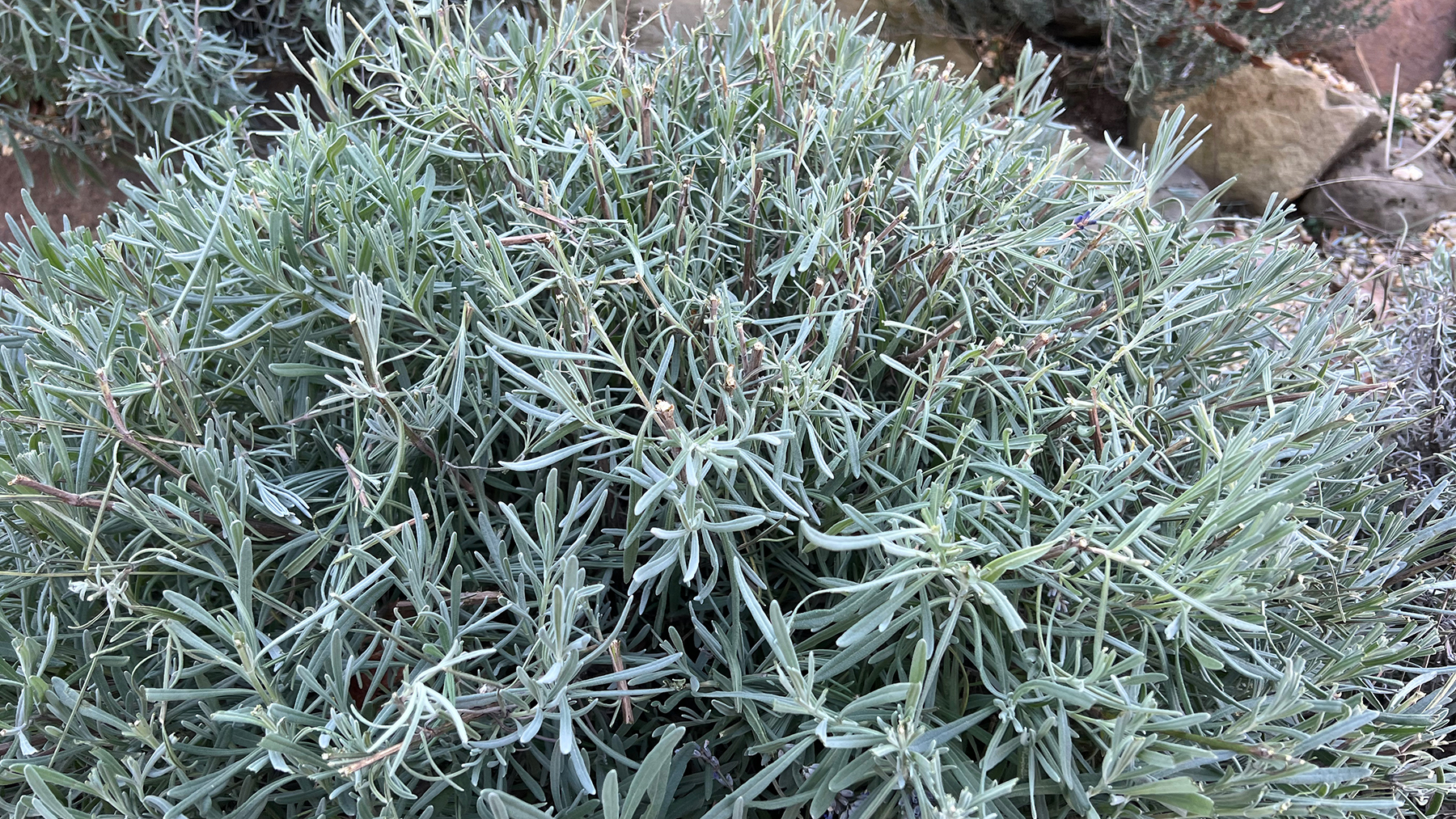
Lavender is one of my favorite garden shrubs. Not only does its foliage bring a beautiful silvery gray tone to my yard, but it has a delightful and relaxing aroma that you can’t beat.
I particularly like planting lavender in sways to form low hedges, but I also enjoy seeing it planted with the soft, creamy white Hydrangea Annabelle or with orange and yellow-toned California Poppies, which add a brilliant pop of color.
I’m not the only one to appreciate its qualities. Bees and other pollinators love lavender’s rich source of nectar, too, which they eagerly gather when the plant blooms. However, lavender looks equally beautiful during the winter as in the summer months and if you care for it properly during the chilly season, it will go on to give you abundant blooms in the spring and summer.
You can winterize your lavender to help it survive cold temperatures. It’s not a complicated process, and it will help extend the life of your lavender so you can continue enjoying it for years to come. it's similiar to ridding your lawn of weeds in the fall, as it will reward you with a lush patch in the new year.
When to winterize lavender
When the temperature starts to drop in fall, and you know that the first frost is on its way, it’s a good time to prepare your lavender for winter. Taking care of it now will protect it from the cold chill and damage from frost.
1. Get pruning
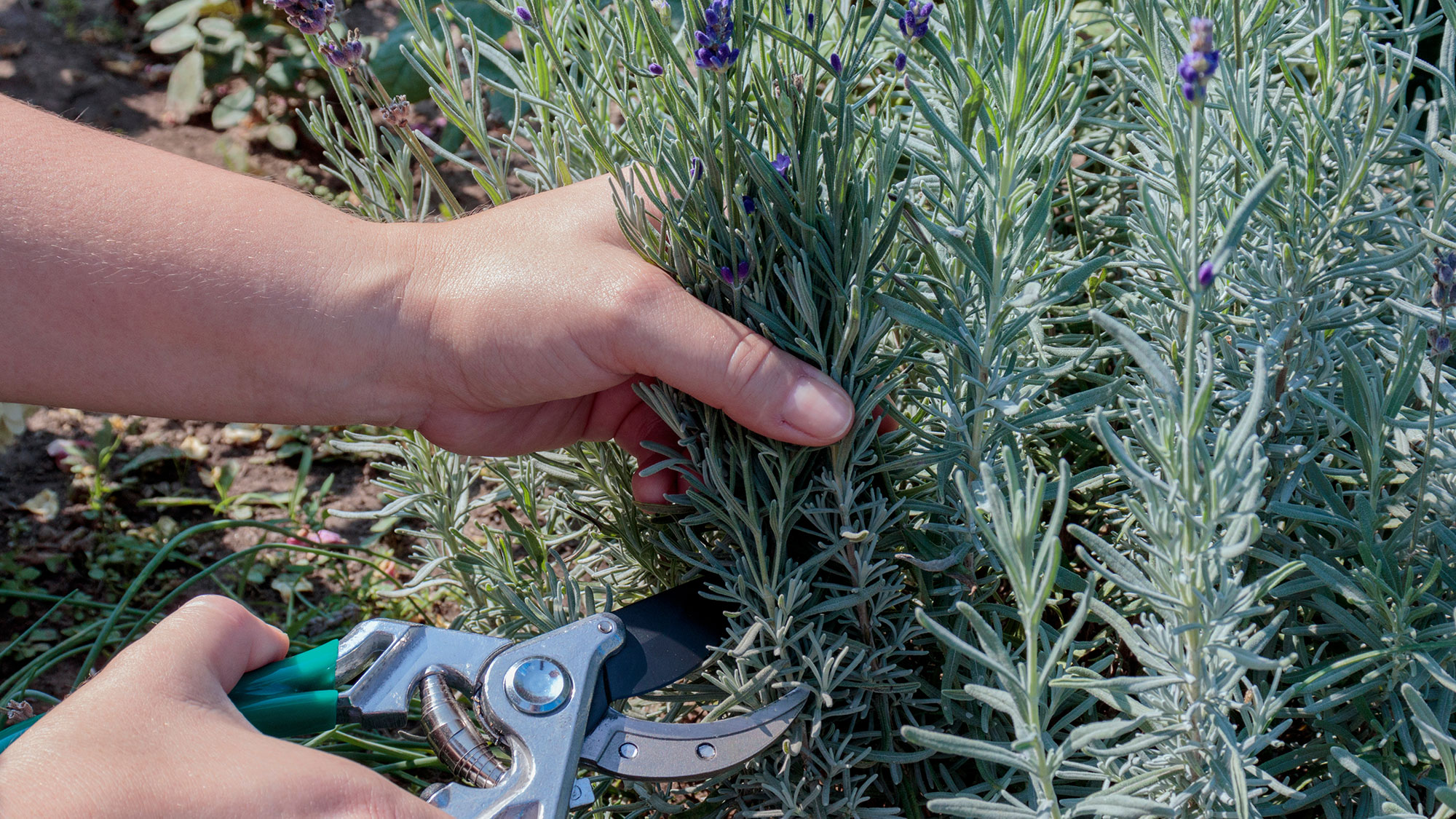
Grab one of the best pairs of pruning shears and your best gardening gloves and give your lavender a prune. A good rule of thumb is to trim back about one-third of the plant in early fall. This will help maintain its shape while removing any spent blooms. If left unpruned, it can become leggy and woody, leaving you with an unattractive plant. However, a woody lavender can be revived by careful pruning.
Felco has a well-earned reputation for sturdy and reliable pruning shears, which is why we rate this F6 model as the best overall in our buying guide. They are designed for medium-sized hands, are lightweight and provide a comfortable ergonomic grip. The blade will also cut branches up to 0.8 inches.
2. Surround your lavender with mulch
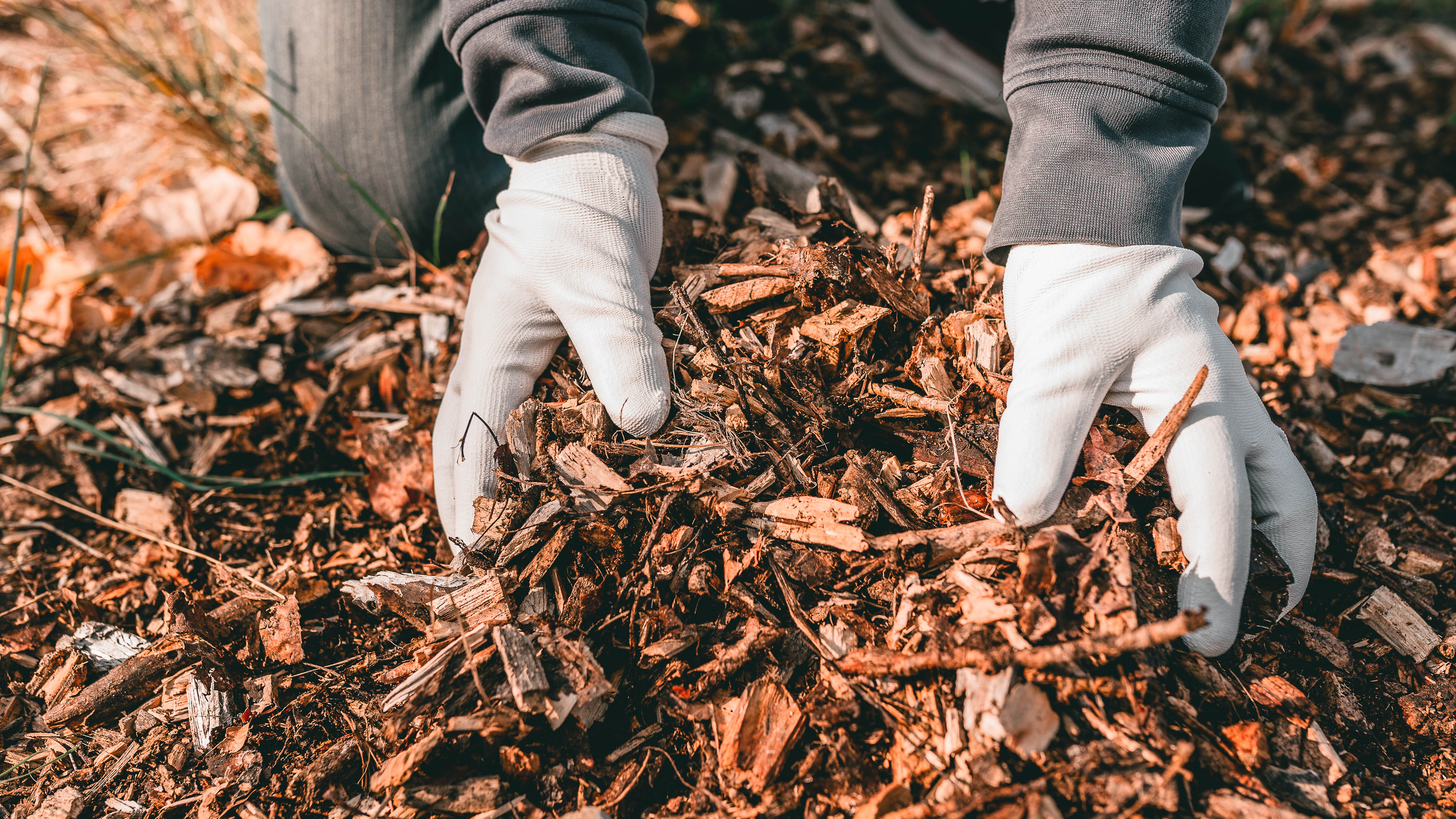
Blacklotus Landscaping recommends applying a good layer of mulch to protect your lavender, suggesting that 2-3 inches of organic mulch, such as wood chips or fallen leaves can be placed around the base of the plants. This will help protect the roots from the cold and keep in moisture when there is less rainfall in the spring and summer.
Get instant access to breaking news, the hottest reviews, great deals and helpful tips.
However, when placing the mulch, it’s best to avoid touching the stems, as this can cause the plant to rot.
3. Let the lavender dry out
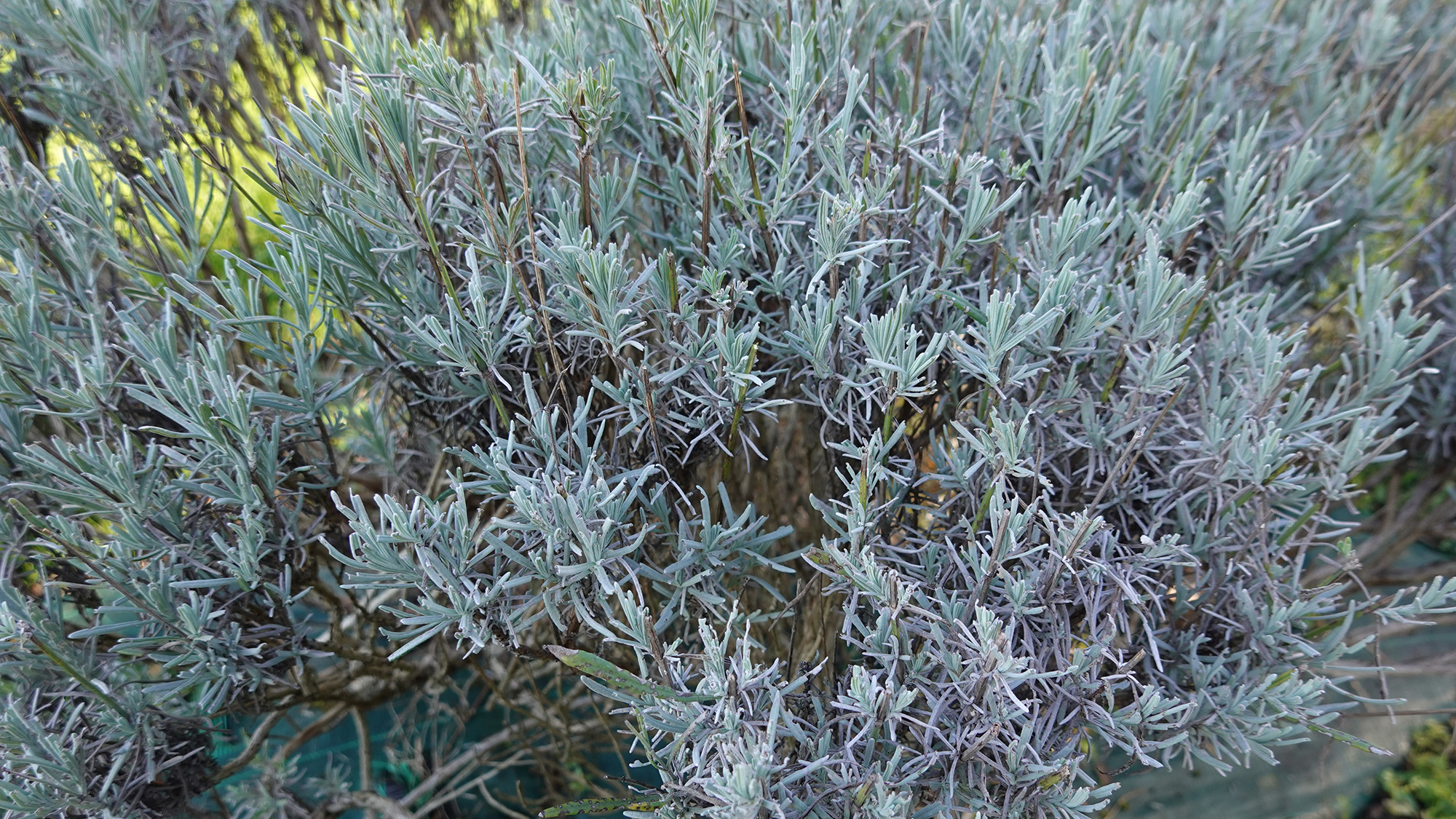
Lavender is a drought-resistant plant, which is why it performs well in a dry garden. Therefore, during the wet months of fall and winter, it gains all the moisture it requires from rainfall. There’s no need to give your lavender any extra water during its dormant phase, as otherwise, it will be at risk of root rot.
4. Cover up
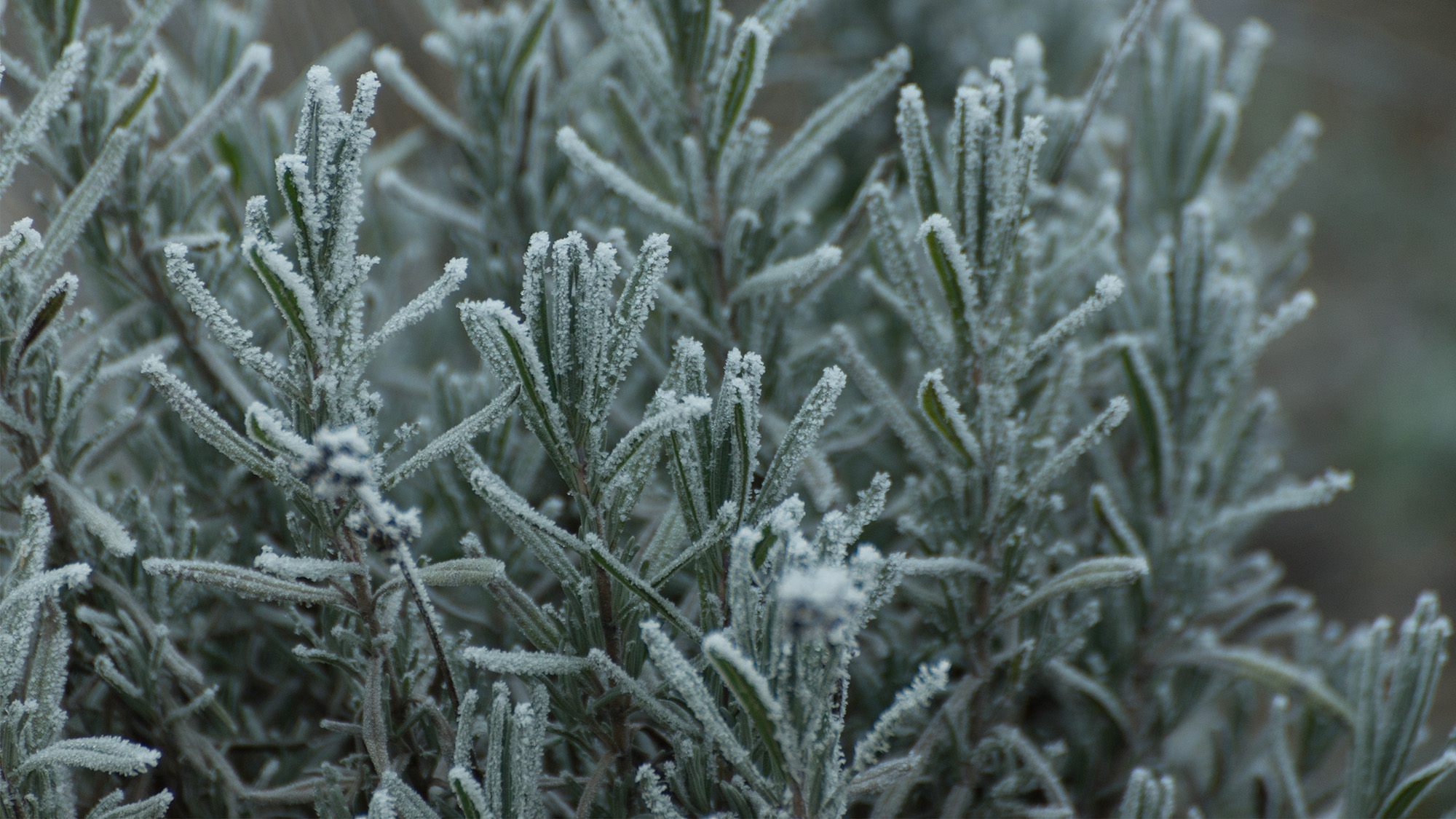
It’s not necessary in all regions, but if you experience extreme temperatures, it’s worth protecting and covering your plants from frost. It’s best to opt for a breathable fabric that will let your plants breathe while ensuring a gap between the plant and the cover.
5. Move your pots
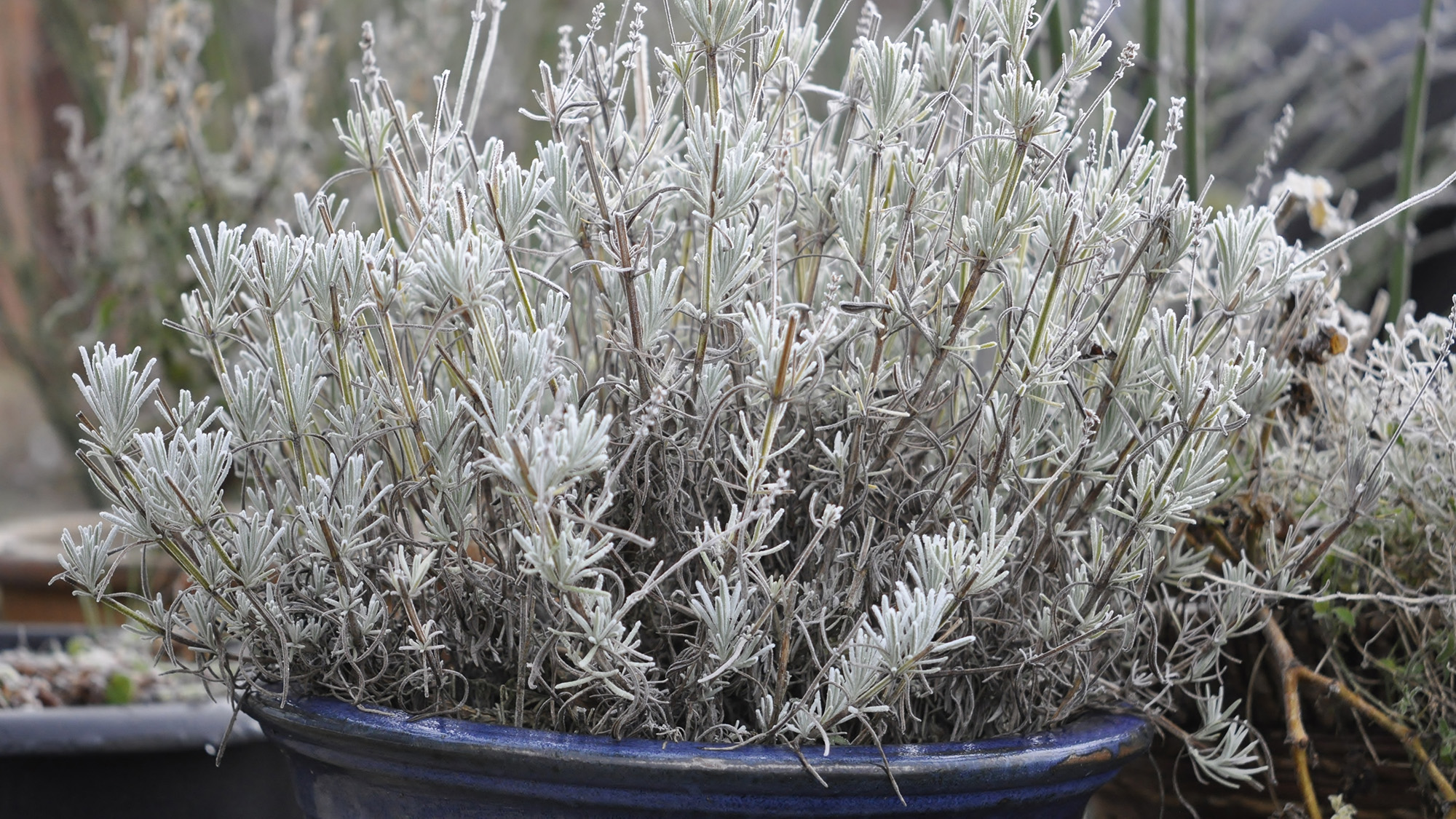
Lavender is one plant that looks equally as stunning in a pot as it does in the ground, but with heavy rain, it can be more difficult for the water to drain from a pot than from the ground. For this reason, it’s worth relocating your pots during the cold weather and placing them in a greenhouse or garage if you have one. A covered area, such as a porch or veranda, will also help protect them from heavy downpours.
More from Tom's Guide

Camilla is the Homes Staff Writer and covers everything to do with homes and gardens. She has a wealth of editorial experience, mounting over 30 years, and covers news and features, tests products for reviews and compiles buying guides.
Her work has appeared in business and consumer titles, including Ideal Home, Real Homes, House Beautiful, Homebuilding & Renovation, and Kitchen & Bathroom Business. She’s even appeared on the cover of Your Home, writing about her own house renovation.
Although she’s obsessed with decorating her home, she also enjoys baking and trying out the latest kitchen appliances. But when she’s not inside, you’ll find her pottering about in her yard, tending to her vegetable patch or taking in her prized hydrangeas.
 Club Benefits
Club Benefits





